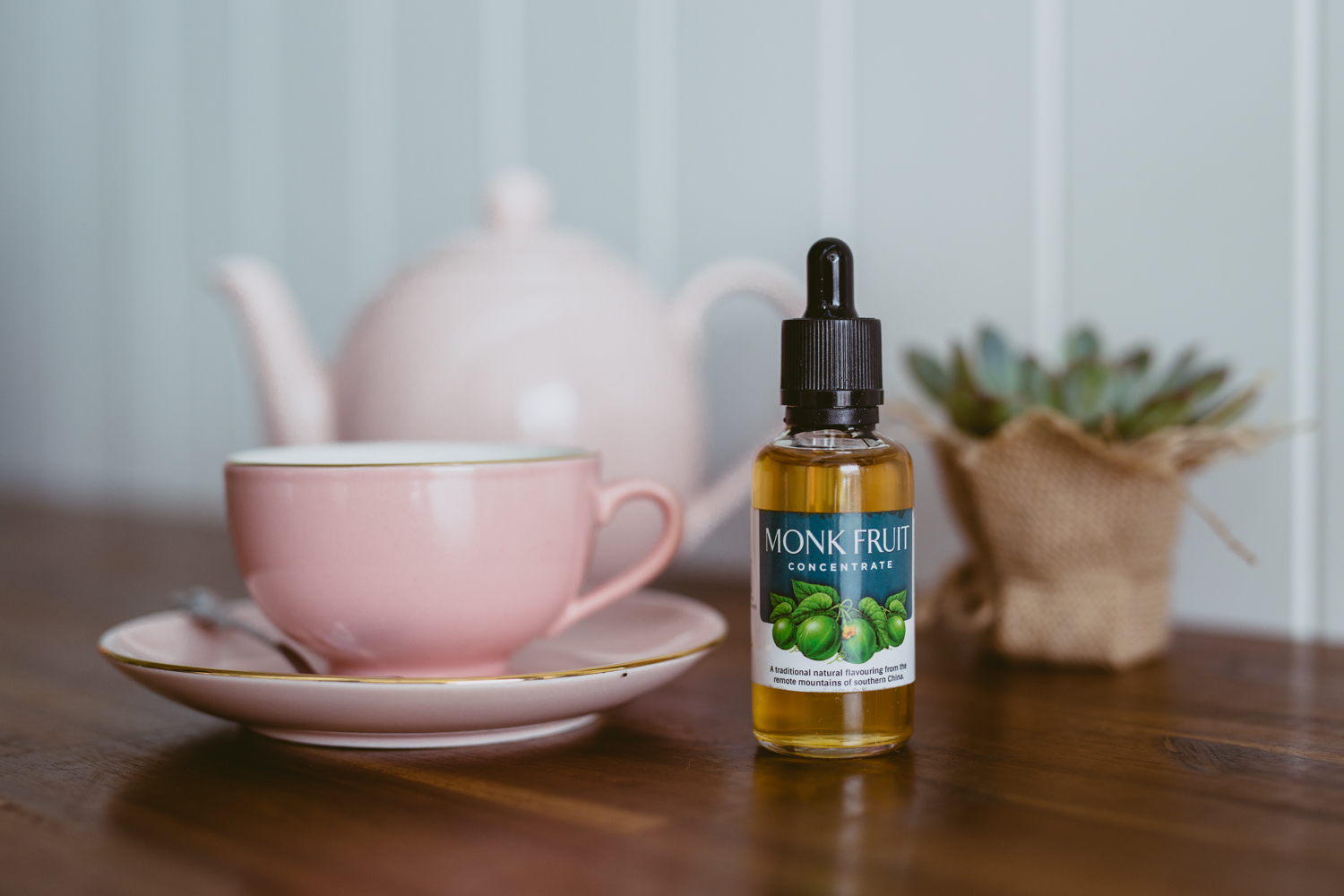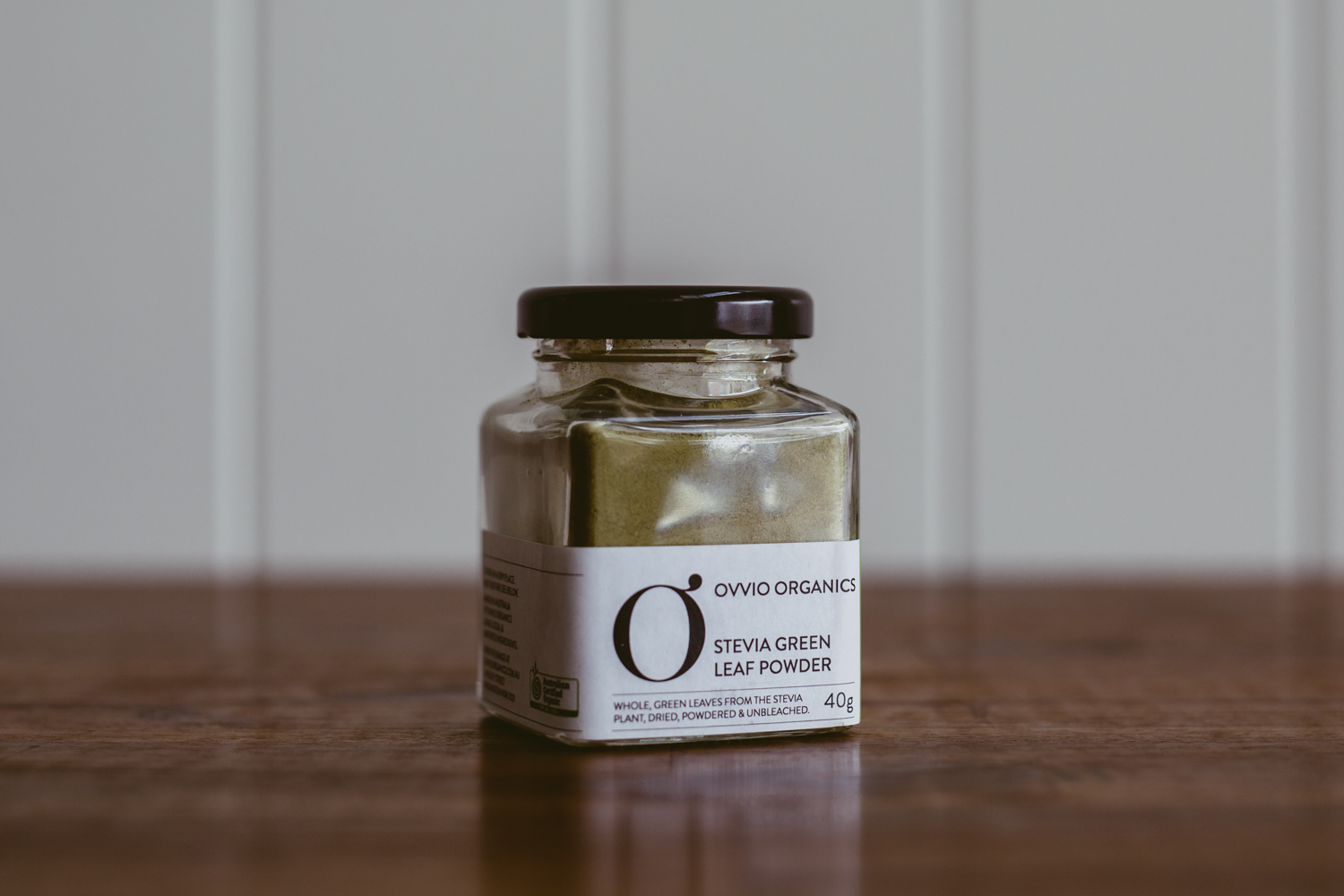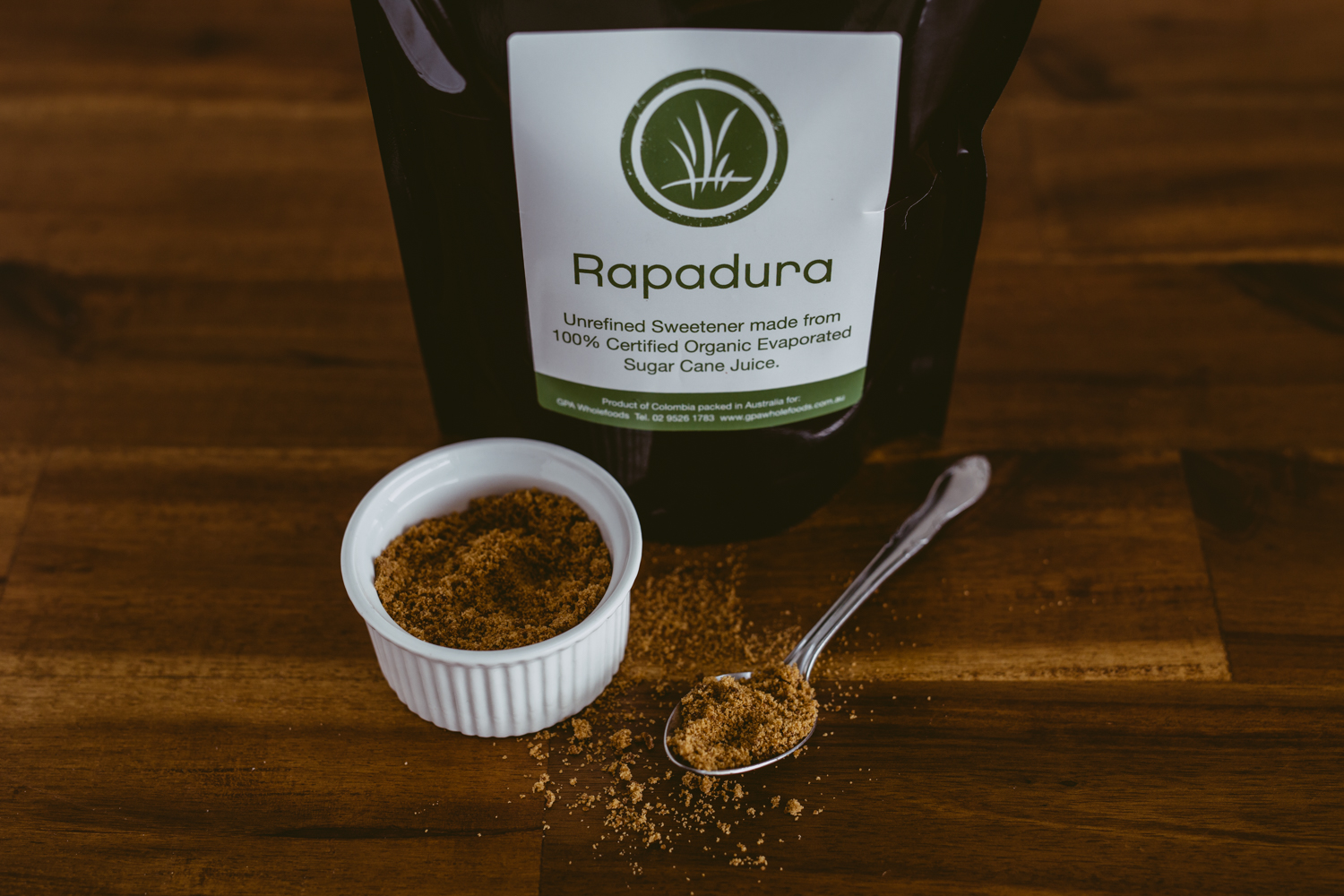The use of this Website is subject to these Terms and Conditions (inclusive of Our standard Terms and Conditions for the supply of Goods and Services, Privacy Policy, Refund Policy any other documents referred to herein) which constitutes the full agreement between You and Us.
Please read these Terms and Conditions carefully before You use the Website.
By using the Website, You indicate that they have, effective upon the date on which You have used the Website, read, accepted and agreed to be bound by these Terms and Conditions.
If You do not agree with these Terms and Conditions, You should cease using the Website immediately.
Definitions
“Agreement” means the terms and conditions contained herein, together with any quotation, order, invoice or other document or amendments expressed to be supplemental to this Agreement.
“We”, “Us”, “Our or “Ourselves”” means Green Pastures Australia Pty Ltd T/A GPA Wholefoods, its successors and assigns or any person acting on behalf of and with the authority of Green Pastures Australia Pty Ltd T/A GPA Wholefoods.
“You”, “Your” or “Yourself”” means any person/s (end user) being of the legal age of eighteen (18) years.
“Incidental item(s)” means goods and/or services that may be purchased or sold through this Website to be supplied and/or provided by the Seller to You, as specified on Our Website.
“Website” means a location which is accessible on the Internet through the World Wide Web and which provides multimedia content via a graphical User Interface.
“Prohibited Content” means any content on any advertising media that:
(a) is, or could reasonably be considered to be, in breach of the Broadcasting Services Act 1992; the Fair Trading Acts of the applicable States and Territories of Australia and the Competition and Consumer Act 2010 (CCA); or any other applicable law or applicable industry code; or
(b) contains, or could reasonably be considered to contain, any misrepresentations; or is, or could reasonably be considered to be, misleading or deceptive, likely to mislead or deceive or otherwise unlawful; or
(c) is, or could reasonably be considered to be, in breach of any person’s Intellectual Property Rights (including, but not limited to, the distribution of digital files or any other material in which We do not own the copyright).
"Personal Information" means any information that identifies or can be used to identify You, directly or indirectly. Examples of Personal Information include, but are not limited to, first and last name, date of birth, email address, gender, occupation, or other demographic information.
"Confidential Information” means information of a confidential nature whether oral, written or in electronic form including, but not limited to, this Agreement, a party’s Intellectual Property, operational information, know-how, trade secrets, financial and commercial affairs, contracts, Seller information and pricing details.
Acceptance
We reserve the right to change any of the Terms and Conditions displayed on this Website (including our Privacy Policy) at any time by notifying You through this Website that We have done so. By continuing to use this Website it shall be deemed that You agree to be bound by the amended terms and conditions as notified and posted on the Website.
If You intend to transact through this Website (i.e purchase goods and/or services) then You warrant that You are at least 18 years of age, that You has the power to enter into this Agreement and You acknowledge that this Agreement creates binding and valid legal obligations upon You.
Compliance with Laws
You represent and warrant that Your use of this Website will comply with all applicable laws and regulations (including but not limited to, EU Data Privacy Laws (including the General Data Protection Regulation “GDPR”) (collectively, “EU Data Privacy Laws”) and the Australian Privacy Policy Act 1988 (including the Privacy Amendment (Notifiable Data Breaches) Act 2017) or any other applicable laws.
Privacy Policy
We are committed to protecting Your Privacy in accordance with Australian Privacy Principles. We also recognise that when You choose to provide Us information about Yourself that You trust Us to act responsibly and in Your best interests therefore We have the following policies in place to protect Your personal information.
Storing Your Information
We will take all reasonable steps to ensure that Your information held by Us is accurate up-to date, complete, applicable, is not misleading and will only be used for the purposes stated in this document and/or Our Privacy Policy. We will maintain security safeguards to protect Your information and will take all reasonable steps to ensure that Your information is not disclosed to any unauthorised person or entity.
Securing Your Information
When making a transaction through this Website Your information will pass through a secure server using SSL (secure sockets layer) encryption technology. The encryption process ensures that Your information can not be read by or altered by outside influences.
Information We Collect
When You request Goods or Services We may collect Personal Information supplied by You when You complete an online form in order to facilitate the purchase of Goods and/or Services. Such information will enable Us to process Your transactions efficiently, analyse our Website services and enable Us to provide a higher level of customer service (which may include informative or promotional activities).
We may also collect the following information/tracking data for statistical purposes and to help Us understand how to make Our Website more available and user friendly for You and to measure the success of any advertising activities We may under take:
(a) Your IP address.
(b) The date and time of Your visits to Our Website.
(c) Your clicks and activity on this Website.
(d) The referring Website if any through which You clicked through to this Website.
(e) Technical information on Your browser, device and operating systems.
Information We Release
We will only release information about You as authorised by Yourself, required by law or where required in order for Us to provide Goods or Services to Yourself e.g to third party suppliers, or delivery companies. Where supplied to such third parties the information provided will only be sufficient for the third party to perform their services and may not be used by them for any other purpose.
We will not release Your information for any purpose which You could reasonably expect us not to release the information.
Except as detailed above We do not share, give, sell, rent, or lease information to third parties and Your Personal Information will only be disclosed to those employees within Our organisation who have a need to know in order to ensure You are provided with information about Our products and Services or to request Goods and Services through this Website.
Under the Privacy Act legislation You can ask to see any information We may hold about You and You also have the right to have any inaccuracies in the same corrected by Us. We will comply with any such requests to the extent required by the Privacy Act legislation within fourteen (14) days of the receipt of Your request. We may ask you to verify your identity in order to help us respond efficiently to your request.
Other Data Protection Rights
You may have the following data protection rights:
(a) To access, correct, update or request deletion of Personal Information. We will take all reasonable steps to ensure that the data We collect is reliable for its intended use, accurate, complete and up to date.
(b) In addition, individuals who are residents of the European Economic Area “EEA” can object to processing of their Personal Information, ask to restrict processing of their Personal Information or request portability of their Personal Information. You can exercise these rights by contacting Us using the contact details provided in the "Questions and Concerns" section below.
(c) Similarly, if Personal Information is collected or processed on the basis of consent, the data subject can withdraw their consent at any time. Withdrawing Your consent will not affect the lawfulness of any processing We conducted prior to Your withdrawal, nor will it affect processing of Your Personal Information conducted in reliance on lawful processing grounds other than consent.
(d) The right to complain to a data protection authority about the collection and use of Personal Information. For more information, please contact your local data protection authority. Contact details for data protection authorities in the EEA are available at http://ec.europa.eu/justice/article-29/structure/data-protection-authorities/index_en.htm.
Questions & Concerns
If You have any questions or comments, or if You have a concern about the way in which We have handled any privacy matter, please use Our contact form via this Website to send Us a message. You may also contact Us by postal mail or email at:
For EEA Residents:
For the purposes of EU data protection legislation, Katrina Armstrong is the Data Protection Officer (DPO) of Your Personal Information. Our Data Protection Officer can be contacted at sales@gpawholefoods.com.au
For Non-EEA Residents:
Katrina Armstrong
Attention: Privacy Officer
sales@gpawholefoods.com.au
Postal Address: PO Box A73, Caringbah NSW 1495
Cookies
We and Our partners may use various technologies to collect and store information when You use this Website, and this may include using cookies and similar tracking technologies, such as pixels and web beacons. These web beacons track certain behavior such as whether the email sent through the Website was delivered and opened and whether links within the email were clicked. They also allow Us to collect information such as the recipient’s:
- IP address, browser, email client type and other similar details;
- Tracking of Website usage and traffic;
- Reports are available to Us when We send an email to You, so We may collect and review that information.
These cookies do not read Your hard drive but may be stored on Your hard drive to enable Our Website to recognise You when You return to the same.
Mailing Lists
If at any time You are on a mailing list of Ours then You may request to be removed from the same and We will comply with Your request if there is no unsubscribe button provided then please contact Us with Your request using the “Contact Us” section of this Website.
Returns, Damaged or Defective Goods
Our policy in relation to Returns, Damaged or Defective Goods shall be as specified in Our standard Terms and Conditions for the supply of Goods and Services. We shall not accept returns for change of mind or if you make a wrong decision unless due to our negligence or incorrect information supplied by Ourselves.
Copyright and Trademarks
The contents of this Website are at all times the copyright or trademark property of either Ourselves, Our suppliers or linked third parties and You may not distribute, reproduce, display, publish any trademark or other content of this Website for any purpose whatsoever without the prior written approval of Us, Our suppliers or linked third parties (each as applicable). Furthermore You agree to indemnify Us against any claims, costs, damages or losses incurred by Us should You fail to comply with clause.
Advertisers and Linked Sites
The display on Our Website of any advertiser or the provision of a link to third party Websites does not constitute Our endorsement of either the advertiser or third party provider or any of their Website content or business practices. As We do not have any control of the content of any third party Websites, access to such Websites is at Your sole risk and We recommend that You thoroughly review the terms and conditions of use and the Privacy policies of any third party Website immediately once You access such a Website.
We shall accept no liability in regards to any dealings, promotions or activities between Yourself and advertisers or third party providers.
Specifications and Information
Specifications and information provided on this Website are given in good faith based on Our knowledge, experience, or information provided to Us by manufacturers and/or suppliers, or derived from sources believed to be accurate at the time the information is received by Us, therefore it is recommended if You have any concerns as to the suitability of Goods or Services provided through this Website in respect of the use of the Goods or Services or their suitability for a particular use that You contact Us or seek external professional opinion.
You acknowledge and accept that colours of items displayed on the Website may not reflect the true and actual colour of such items as this may be affected by external influences such as the quality of images supplied to Us for use, or the quality, age or settings on Your monitor. If colour is a major factor in Your decision making We recommend You contact Us before purchase.
On-Line Ordering
Display on this Website does not guarantee the availability of any particular Good(s) therefore all orders placed through this Website shall be subject to confirmation of acceptance by Us. Orders for Services shall be subject to confirmation of suitable timeframes between You and Ourselves for provision of the Services.
Continuous Service
Due to the inherent nature of Websites We cannot guarantee uninterrupted or continuous availability of this Website and You accept that the Website may also be unavailable from time to time for maintenance or scheduled upgrades. Where able We shall give You advanced warning of the same. We shall accept no liability in relation to Website downtime whether scheduled or otherwise.
Termination of Use
These terms and Your access to Our Website may be terminated by Us (at Our sole discretion) at any time without notice or any requirement to give You a reason why. In the event of termination under this clause We shall have no liability to You whatsoever (including for any consequential or direct loss You may suffer).
Jurisdiction
This Website (excluding any linked third party sites) is controlled by Us from Our principal business premises in Australia. Our servers are located in New South Wales, so Your information may be transferred to, stored, or processed in Australia. It can be accessed from countries around the world to the extent permitted by the Website. As each country has laws that may differ from Australia, by accessing this Website, You agree that the laws and statutes of Australia shall apply to any dealings, actions or claims arising out of, or in relation to, this agreement, or Your use of this Website, irrespective of any conflict with any laws and statutes applicable to Your country of domicile.
In addition, We or Our subcontractors may use cloud technology to store or process Personal Information, which may result in storage of data outside Australia. It is not practicable for Us to specify in advance which country will have jurisdiction over this type of offshore activity. All of Our subcontractors, however, are required to comply with the Australian Privacy Act in relation to the transfer or storage of Personal Information overseas.
You further acknowledge and agree that the filing of a claim against Us (if any) must be made in the State of Australia in which our principal business premises in Australia is domiciled, and that any legal proceedings will be conducted in English.
We make no representation that Goods or Services offered through this Website are appropriate, available or suitable for use in countries outside of Australia, and accessing any material or content from, or through, this Website which is illegal in Your country of domicile is strictly prohibited.
Changes to Terms and Conditions
We reserve the right to change any of the Terms and Conditions displayed on this Website (including our Privacy Policy) at any time by notifying You through this Website that We have done so. By continuing to use this Website it shall be deemed that You agree to be bound by the amended terms and conditions as notified and posted on the Website.
General
The failure by the either contracting party to enforce any provision of these terms and conditions shall not be treated as a waiver of that provision, nor shall it affect that party’s right to subsequently enforce that provision. If any provision of these terms and conditions shall be invalid, void, illegal or unenforceable the validity, existence, legality and enforceability of the remaining provisions shall not be affected, prejudiced or impaired.
We shall be under no liability whatsoever to You for any indirect and/or consequential loss and/or expense (including loss of profit) suffered by You arising out of a breach by Us of these terms and conditions (alternatively Our liability shall be limited to damages which under no circumstances shall exceed the Fee of the Services).
Message Boards: We provide Message Boards for the use of Our Website users. The Message Boards may not be used to promote Websites or any commercial or business activity. We are not responsible for any of the opinions expressed in the Message Boards. By posting a message to the message board You agree to take full legal responsibility and liability for your comments, including for offensive or defamatory statements.
Feedback: Feedback is provided for the purpose of facilitating trading by You on Our Website. Feedback provided on other parties must not contain offensive, defamatory, retaliatory or inappropriate language or content. We may remove any feedback that is considered to be offensive, defamatory, retaliatory or inappropriate.
You may only give feedback that relates to a specific transaction. You must not post feedback on a transaction that does not relate to that specific transaction.
You must not post feedback about Yourself or include any contact details or Personal Information in Your feedback.
Neither party shall be liable for any default due to any act of God, war, terrorism, strike, lock-out, industrial action, fire, flood, storm or other event beyond the reasonable control of either party.

.jpg)








